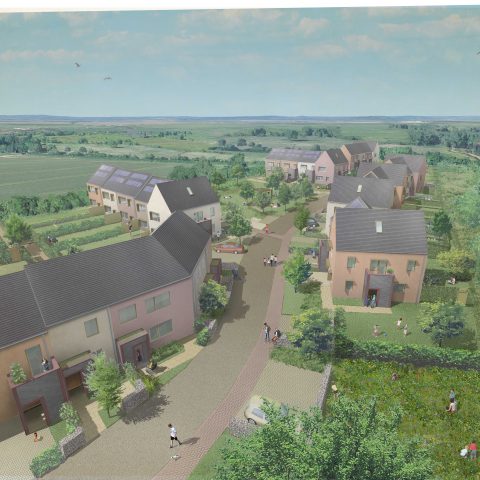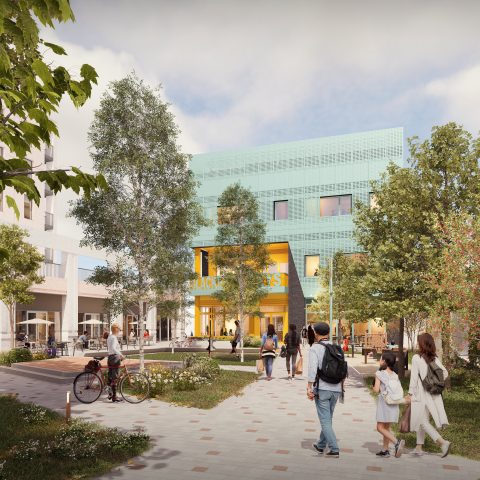Currently, tenants have no influence over the UK’s transition to net zero. Decisions are led by professionals, housing associations and councils. Tenants, especially in social or private rented housing, are often left out and not allowed to make changes to their homes.
To meet the UK government’s 2050 net-zero carbon strategy, we will have to retrofit 1.5 homes per minute over the next 30 years. The Social Housing Decarbonisation Fund is unambitious in its target (EPC C) so homes being retrofitted today don’t even achieve net zero. Wealthy homeowners will cope, but what about the 35% of the population (8.6 million people) who rent? At this rate, the UK won’t meet its net-zero target, and the poorest will continue to suffer in homes that are not fit for purpose. We cannot wait for the government and those in positions of power to ensure a just transition, we have to do so for ourselves.
Transition by Design has secured funding to take action—starting in Oxford, specifically OX4, where the wards of Blackbird Leys, Littlemore and Rose Hill are in the topmost deprived decile in the UK.
Our proposal is to create a plan for how to retrofit the community. We want to explore big questions like:
- How can tenants have more say over changes to their homes?
- What skills and knowledge already exist locally?
- How can we build stronger networks and partnerships in the community?
Our aim is to build a community plan for how local people can lead the retrofit process themselves. This plan will be shaped by the people who live here and reflect their real needs and ideas. It might lead to a pilot retrofit project led by women in a social housing block, a training course for school leavers, or a campaign for retrofit funding. We don’t know exactly what the outcomes will be yet—and that’s the point. The direction will be set collectively. We want to connect with tenant unions to help transfer power to residents, identify skills in the community, strengthen social networks, collaborate with local organisations, and understand local supply chains. This plan will outline the actual needs of people, and we will work together to find solutions.
We know many people we’ll work with are already stretched—by work, caring responsibilities or discrimination. That’s why we’re using a feminist, intersectional approach:
- Co-producing the project with tenants
- Advocating for them when needed
- Sharing skills and compensating the organisations and individuals we work with
- Focusing on women and people of color who are often left out of retrofitting efforts and may feel unsafe when men conduct work in their homes
In the long run, we want to transfer power to people in the community through organising. This could be done with council tenants to secure funding for retrofits, with workers to get investment from large organisations like the University or organising against developments that don’t centre the community’s needs. We will build on existing ancestral and learned knowledge from women within the community, adding to this over time and sharing these learnings with younger people. We will redefine what retrofitting looks like within OX4 and demonstrate this in the community. Our ambition is to create the first woman, POC-led retrofit in the UK and share this with other communities.
We’ll share project updates here as the work unfolds—so check back for news, events, and ways to get involved.



